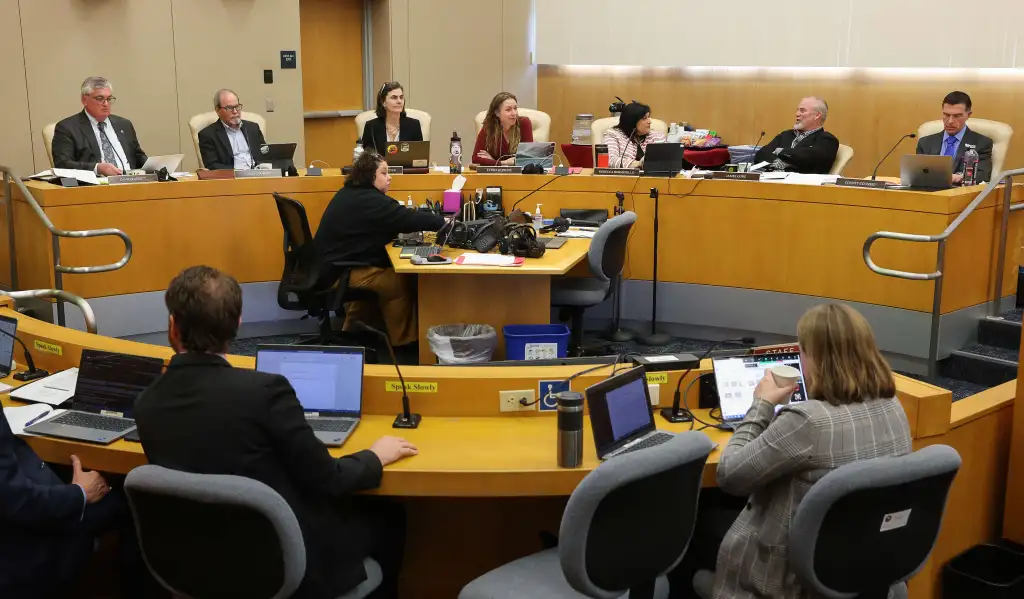Copyright mirror

The Department for Work and Pensions (DWP) could give some people up to £110.40 a week in extra financial aid. The Attendance Allowance, which is tax-free and not means-tested, is paid at either £73.90 (lower rate) or £110.40 (higher rate) per week . Usually paid every four weeks, this amounts to either £295.60 or £441.60 per pay period - a total of roughly £5,740.80 over the 2025/26 financial year. The amount received depends on the level of support needed, with the benefit designed to help those of State Pension age with daily living costs, potentially allowing them to maintain their independence at home for longer. There is no mobility component linked to Attendance Allowance. As of August 2024, there are 1,672,590 elderly people receiving Attendance Allowance, according to the Daily Record . The benefit is intended to assist people with disabilities, chronic illnesses and mental or physical health problems. The list of conditions covered by Attendance Allowance is extensive, but arthritis is the most common disabling condition - a term used by the DWP - providing support for 483,376 people across the UK . This list isn't a checklist for claiming Attendance Allowance, but rather a guide to help individuals understand the types of conditions that are being supported. If you require extra support during the day or night due to a long-term illness, disability, or health condition, it's advisable to review the official eligibility guidance on the GOV.UK website here . The following figures show the percentage of people claiming for health issues related to these 48 conditions: It's important to note there are special rules for people with a terminal illness, to help speed up their application - full details on GOV.UK here. Attendance Allowance helps with additional costs if you have a physical or mental disability or illness severe enough that makes it hard for you to look after yourself - it does not cover mobility needs. You don't need to have someone caring for you in order to make a claim. If you have a disability or illness and require assistance or supervision throughout the day or at times during the night - even if you're not currently receiving that help - you should consider applying for Attendance Allowance. This could include needing help with personal care, such as getting dressed, eating or drinking, getting in and out of bed, bathing or showering and using the toilet. It may also help a person to stay safe in their home. You should also apply if you struggle with personal tasks, for example, if they take you a long time, cause you pain, or if you need physical support, like a chair to lean on. Attendance Allowance isn't solely for those with a physical disability or illness. It's also available to those who require assistance or supervision throughout the day or night due to mental health conditions, learning difficulties, or sensory impairments such as deafness or visual impairment. As Attendance Allowance isn't means-tested, your other income or savings won't affect it and there's no upper limit. It's also tax-free and you'll be exempt from the Benefit Cap, meaning you won't have money deducted from any other benefits. It won't interfere with your State Pension and you can even claim it if you're still in employment and earning money. To find out more, or to make a claim, visit the GOV.UK website here .



